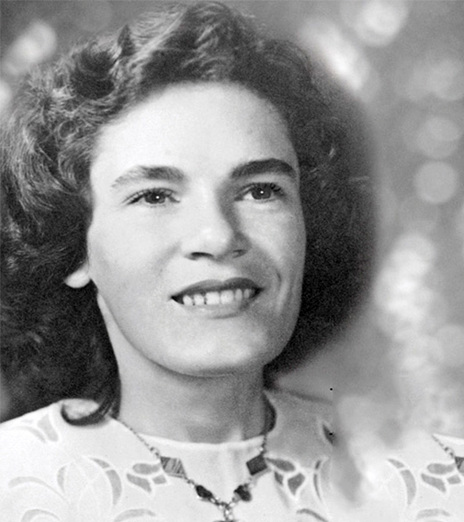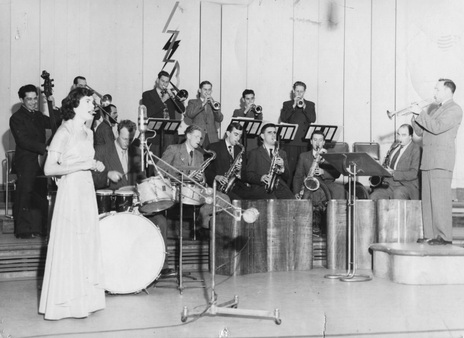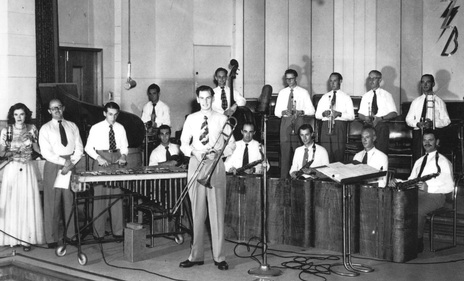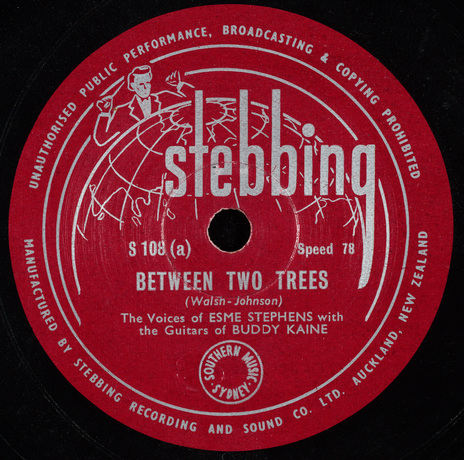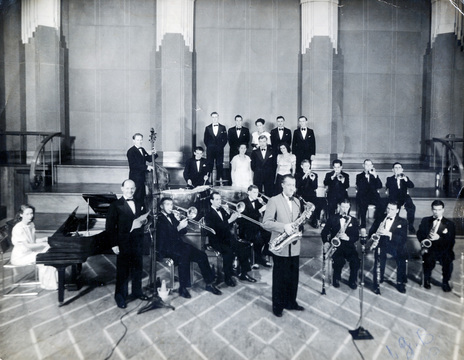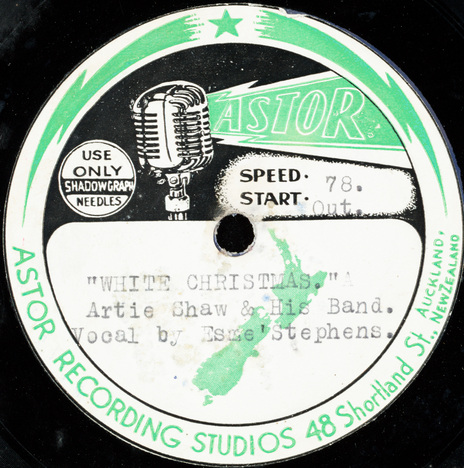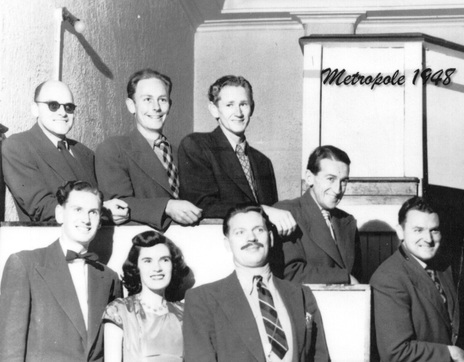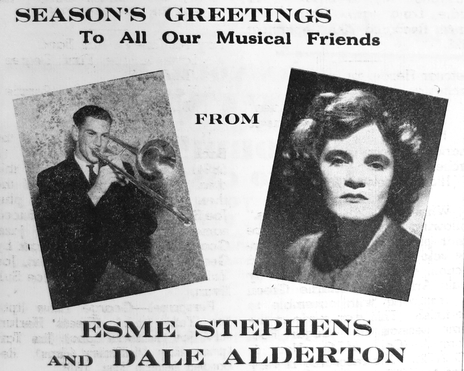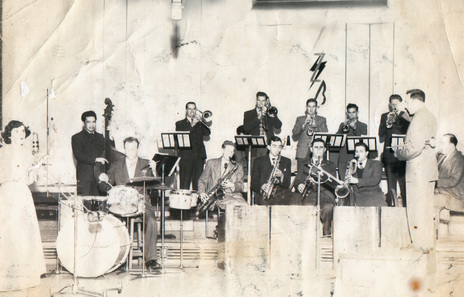Shaw’s reaction was, “Yeah, okay, whatever,” and on the recommendation of a local radio producer, Stephens was given a call. That night, after two of his musicians had quickly written arrangements, Stephens sang ‘White Christmas’ and ‘This Love Of Mine’ with the band while Shaw, a virtuoso clarinettist, took a break. Luckily her performance was recorded, and it still exists on an acetate in the Alexander Turnbull Library.
She performed with most of the top bands in Auckland, when clubs all over the city were heaving with people.
Stephens had been singing since she was a child, accompanying herself on the piano. In 1941, when she was 17, she auditioned to appear with Theo Walters’ band in its regular 1ZB radio show. She performed with most of the top bands in Auckland, when clubs all over the city were heaving with people desperate for entertainment and company in the early stages of World War II. Among the band leaders were Len Hawkins, Chips Healy, Fred Gore, Art Rosoman, and her future husband, Dale Alderton. Stephens described herself as “strictly a commercial singer” and “a nervous one at that”. Perhaps because of her modesty, said the NZ Listener, “ … her warm love of singing comes through very satisfactorily and makes the customers feel warm, too.”
In the immediate years after the war, she remained busy singing regularly in nightclubs such as the Civic Wintergarden and the Peter Pan Ballroom, and on radio. In 1949, she was the vocalist on the first pop disc recorded by HMV in New Zealand, ‘You Can In Yucatan’. This spirited, Latin-flavoured song was credited to Wally Ransom’s Rhumba Band, which included players such as trumpeter Jim Warren and pianist Nancy Harrie. Ransom was an expatriate English drummer who became a key figure in post-war New Zealand music, as a musician, jovial radio MC, and song publisher.
Her two biggest hits were covers of ‘Mixed Emotions’ and ‘Between Two Trees’, the latter being New Zealand’s first multi-track recording.
In the early 1950s, Stephens made over a dozen 78rpm discs, which were recorded and released by Eldred Stebbing; multi-instrumentalist Julian Lee was often the producer. Her two biggest hits were covers of ‘Mixed Emotions’ and ‘Between Two Trees’, the latter being New Zealand’s first multi-track recording. It sold over 7000 copies in 1951 and was often featured on radio in preference to the original US version. In 1952 Zodiac released ‘Promises’, a duet with the other leading vocalist of the era, Mavis Rivers.
Stephens’ biggest seller was ‘Mockin’ Bird Hill’, recorded as part of a popular vocal trio, the Duplicats. This group, which also featured Dale Alderton, Ena Allen and pianist John Thomson, modernised pre-war pop songs, often in the humorous style of Spike Jones. But Stephens’ own tastes were towards sophisticated standards such as ‘In The Cool, Cool, Cool Of The Evening’ and ‘Lullaby Of Birdland’.
Stephens often performed with her husband Dale Alderton, a trombonist who had many stints leading the jazz band on live broadcasts at Auckland’s 1ZB Radio Theatre. Alderton described her to me as, “A romantic singer. She liked Rosemary Clooney and Ella Fitzgerald of course, all those marvellous singers – it was part of her in-built repertoire. One of her great delights was [in 1956] when we attended an Ella Fitzgerald session in a nightclub in LA, and the crowd was a bit noisy, and Ella said, ‘Now look, you’ve made me forget the words’. Esme said, ‘I know just how she feels.’.”
Stephens died suddenly in 1992, aged 68, within a week of her 1950s contemporary, Mavis Rivers. After the age of 40, she had rarely performed in concert, though there was a brief stint singing in a pizza parlour; she didn’t mind who the audience was, as long as she could sing. When she died, her daughter, Candy Alderton – who also became a professional singer – said her mother was popular “because it was just a true, clear voice – in the style of Ella Fitzgerald.”
